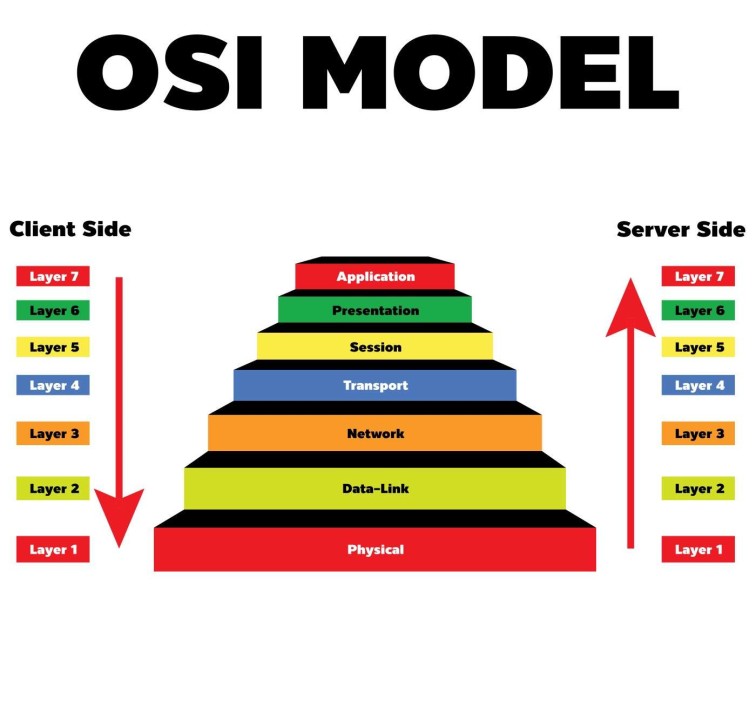
Blockchain technology, once primarily associated with cryptocurrencies like Bitcoin, has evolved into a transformative force across various industries. Its decentralized, secure, and transparent nature makes it an ideal solution for numerous applications beyond digital currencies. In this article, we will delve into the latest blockchain trends and the numerous blockchain benefits that are shaping the future of digital transactions and data management.
Understanding Blockchain Technology
Blockchain is a distributed ledger technology that records transactions across multiple computers in such a way that the registered transactions cannot be altered retroactively. This ensures the security and integrity of data without relying on a central authority. Each block in the blockchain contains a list of transactions and is linked to the previous block, forming a chain of blocks.
Key Blockchain Benefits
1. Decentralization
- One of the most significant blockchain benefits is decentralization. Unlike traditional systems where a central entity controls the database, blockchain operates on a peer-to-peer network. This eliminates the need for intermediaries, reducing costs and improving efficiency.
2. Transparency
- Blockchain technology offers unparalleled transparency. All participants in the network have access to the same data, which is updated in real-time. This transparency fosters trust among users, as all transactions are visible and verifiable.
3. Security
- Security is a core feature of blockchain technology. Each transaction is encrypted and linked to the previous transaction, making it virtually impossible to alter the data without altering all subsequent blocks. Additionally, the decentralized nature of blockchain reduces the risk of data breaches and cyber-attacks.
4. Immutability
- Once a transaction is recorded on the blockchain, it cannot be changed or deleted. This immutability ensures the integrity of data and is particularly useful in industries where record-keeping and historical accuracy are crucial.
5. Efficiency
- Blockchain can streamline processes that traditionally require a lot of time and paperwork. For instance, in finance, blockchain can expedite transactions by eliminating the need for intermediaries and reducing settlement times from days to minutes.
6. Cost Reduction
- By removing intermediaries and reducing the need for manual processing, blockchain can significantly lower operational costs. This cost-effectiveness is one of the critical blockchain benefits for businesses looking to optimize their operations.
Emerging Blockchain Trends
As we move forward, several blockchain trends are emerging that promise to revolutionize various sectors. Here are some of the most notable trends to watch:
1. Integration with the Internet of Things (IoT)
- One of the most exciting blockchain trends is its integration with IoT. Combining these technologies can create a secure and transparent system for managing and recording interactions between IoT devices. This can enhance automation and improve security in smart homes, supply chains, and industrial applications.
2. Growth of Decentralized Finance (DeFi)
- Decentralized Finance, or DeFi, is one of the hottest blockchain trends today. DeFi platforms leverage blockchain to offer financial services like lending, borrowing, and trading without intermediaries. This trend is democratizing access to financial services and enabling greater financial inclusion.
3. Expansion of Non-Fungible Tokens (NFTs)
- NFTs have taken the digital world by storm, representing unique digital assets such as art, music, and virtual real estate. This blockchain trend has opened new avenues for creators and collectors, enabling them to buy, sell, and trade digital assets securely and transparently.
4. Blockchain in Supply Chain Management
- Blockchain’s ability to provide transparency and traceability makes it ideal for supply chain management. Companies are increasingly adopting blockchain to track the origin and journey of products, ensuring authenticity and reducing fraud. This trend is particularly relevant in industries like food and pharmaceuticals, where provenance and safety are critical.
5. Blockchain for Digital Identity Verification
- Digital identity verification is a growing concern in the digital age. Blockchain technology offers a secure solution by enabling decentralized identity management. Users can control their own digital identities, reducing the risk of identity theft and fraud. This trend is gaining traction in sectors like finance, healthcare, and government services.
6. Blockchain Interoperability
- As the number of blockchain platforms grows, so does the need for interoperability. Blockchain interoperability allows different blockchains to communicate and interact with each other, facilitating seamless data sharing and transactions across platforms. This is one of the key blockchain trends that could significantly enhance the utility and adoption of blockchain technology.
7. Sustainable Blockchain Solutions
- Environmental concerns have prompted the development of more sustainable blockchain solutions. New consensus mechanisms like Proof of Stake (PoS) and eco-friendly protocols are being adopted to reduce the energy consumption associated with blockchain operations. This trend aligns with global efforts to promote sustainability and reduce carbon footprints.
Real-World Applications of Blockchain
The practical applications of blockchain technology are vast and varied. Here are some real-world examples of how blockchain is being used today:
1. Finance
- Beyond cryptocurrencies, blockchain is revolutionizing traditional finance. It enables faster, cheaper cross-border payments, reduces fraud in trading, and automates complex financial contracts through smart contracts.
2. Healthcare
- Blockchain is enhancing the security and privacy of patient data, streamlining the verification of medical credentials, and improving the efficiency of supply chains for pharmaceuticals.
3. Real Estate
- Blockchain simplifies property transactions by providing a transparent and immutable record of ownership. It reduces fraud and speeds up processes like title searches and the transfer of property rights.
4. Voting Systems
- Blockchain offers a secure and transparent way to conduct elections. By recording votes on a blockchain, the integrity of the voting process is maintained, reducing the risk of tampering and fraud.
5. Supply Chain Management
- Companies are using blockchain to track and verify the origin, journey, and authenticity of products. This application is particularly beneficial in sectors like food and pharmaceuticals, where safety and provenance are crucial.
6. Intellectual Property
- Creators can use blockchain to protect their intellectual property rights by recording the ownership and provenance of digital and physical assets. This ensures that creators receive fair compensation and reduces the risk of piracy.
The Future of Blockchain Technology
Looking ahead, the future of blockchain technology is promising, with several trends and innovations on the horizon:
1. Blockchain and Artificial Intelligence (AI)
- The combination of blockchain and AI can enhance data security, transparency, and decision-making processes. AI algorithms can benefit from the secure and transparent data provided by blockchain, while blockchain can benefit from AI’s ability to analyze and process large datasets.
2. Blockchain for Government Services
- Governments are exploring blockchain for a range of applications, from secure voting systems to transparent public procurement processes. Blockchain can enhance the efficiency, transparency, and trustworthiness of government operations.
3. Enhanced Privacy and Security Solutions
- As privacy concerns grow, blockchain technology is evolving to offer more robust privacy and security solutions. Innovations like zero-knowledge proofs and confidential transactions will enable secure and private transactions while maintaining transparency.
4. Tokenization of Assets
- The tokenization of real-world assets on blockchain platforms will democratize access to investment opportunities. This trend will allow for fractional ownership, increased liquidity, and easier transfer of assets.
5. Education and Certification
- Blockchain is being used to verify educational credentials and certifications, ensuring their authenticity and making it easier for employers to verify qualifications.
Conclusion
Blockchain technology is more than just a trend; it is a transformative force that is reshaping industries and redefining the way we conduct digital transactions and manage data. The numerous blockchain benefits, such as decentralization, transparency, security, and efficiency, make it an ideal solution for a wide range of applications. As blockchain trends continue to evolve, the technology is poised to play an even more significant role in the digital future. By staying informed and embracing these innovations, businesses and individuals alike can harness the power of blockchain to create a more secure, transparent, and efficient world.
